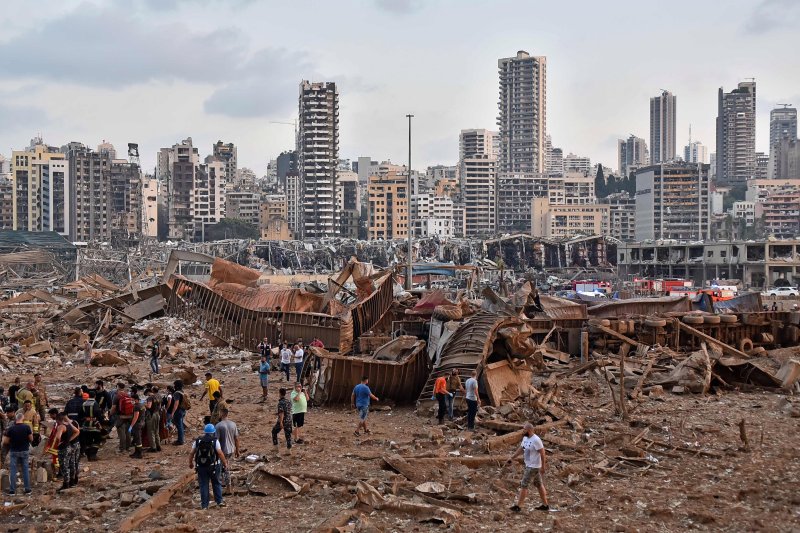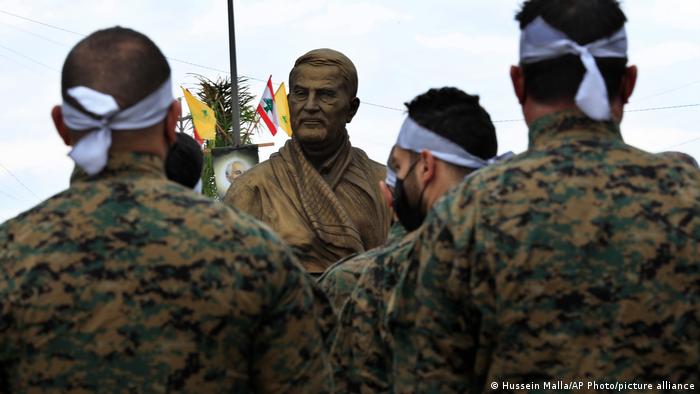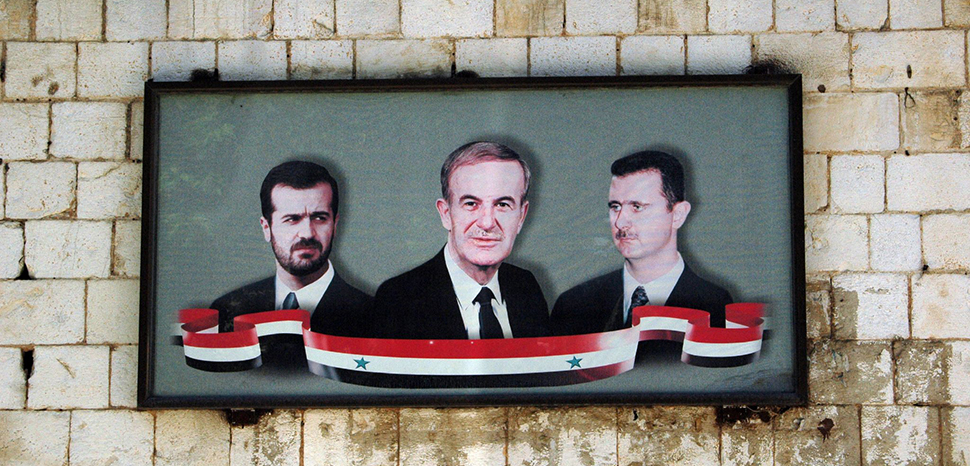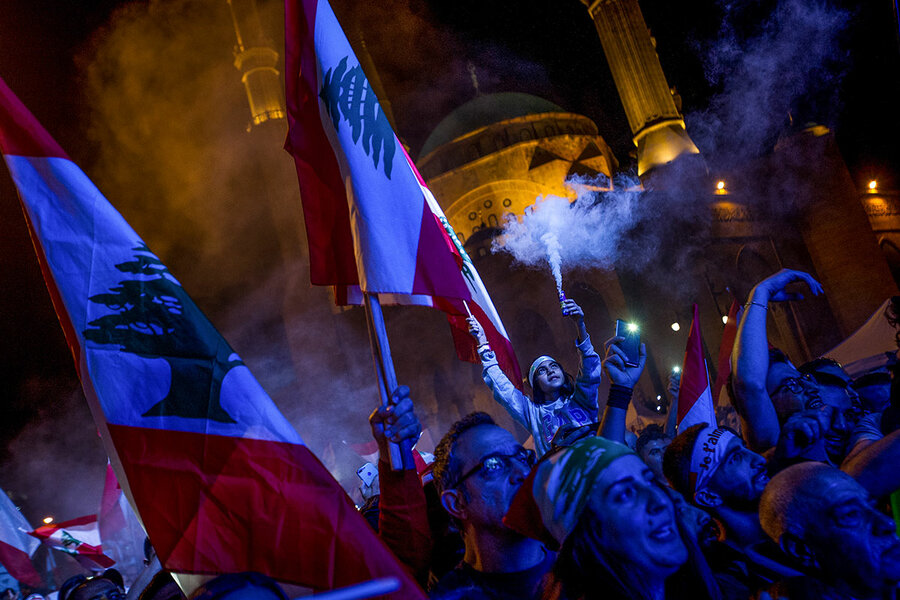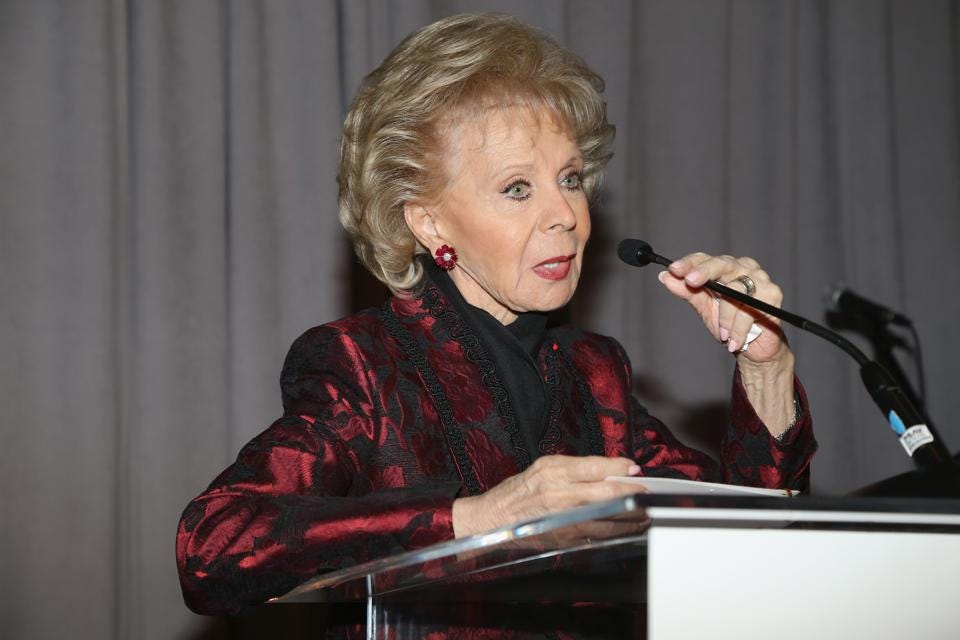
By Kerry Dolan – Forbes.com — Lily Safra, a billionaire socialite and philanthropist who inherited a fortune from her banker husband Edmond Safra, died at age 87 of pancreatic cancer, according to her spokesperson. Safra died on July 9 in Geneva, Switzerland. Safra’s fourth husband, Brazilian banker Edmond Safra, died in 1999 in a fire in their apartment in Monaco. Lily Safra chaired the Edmond J. Safra Foundation, which describes itself as donating to organizations supporting education, science and medicine, religion and humanitarian relief in 40 countries. Forbes estimated her fortune at $1.3 billion. Lily was born in Porto Alegre, Brazil in 1934 to Jewish immigrants to South America. Her father, Wolf Watkins, was of Czech and British origin and manufactured railroad cars in the city of Mesquita, near Rio de Janeiro, where the main street was named “Rua Mister Watkins.” Lily moved to Montevideo, Uruguay at age 17 and soon married Mario Cohen; together they had three children. The marriage ended in divorce and she moved back to Rio de Janeiro. In 1965, at age 30, she married Alfredo “Freddy” Monteverde, owner of the appliance store chain Ponto Frio. Monteverde struggled with bipolar disorder and died by suicide in 1969, according to a statement from Lily Safra’s spokesperson.
Her third marriage, to Samuel Bendahan in 1972, lasted just one year before they divorced. She married Edmond Safra, who reportedly had been Freddy Monteverde’s banker, in 1976. Edmond Safra’s family initially hailed from Lebanon before moving to Brazil. He built a multi-billion dollar fortune via a significant stake in the publicly-traded parent of U.S.-based Republic National Bank, which he founded, plus a private banking business in Europe. Edmond was diagnosed with Parkinson’s disease in the mid 1990s and eventually required full-time nursing care. In December 1999, his nurse Ted Maher fabricated a break in and started a fire in the couple’s apartment in Monaco in order to play hero and rescue his wealthy boss, according to reports of testimony at Maher’s trial. But Edmond Safra and another nurse died of smoke inhalation in a bathroom while trying to avoid the fire. Maher was convicted of arson and sentenced to 10 years in prison.

